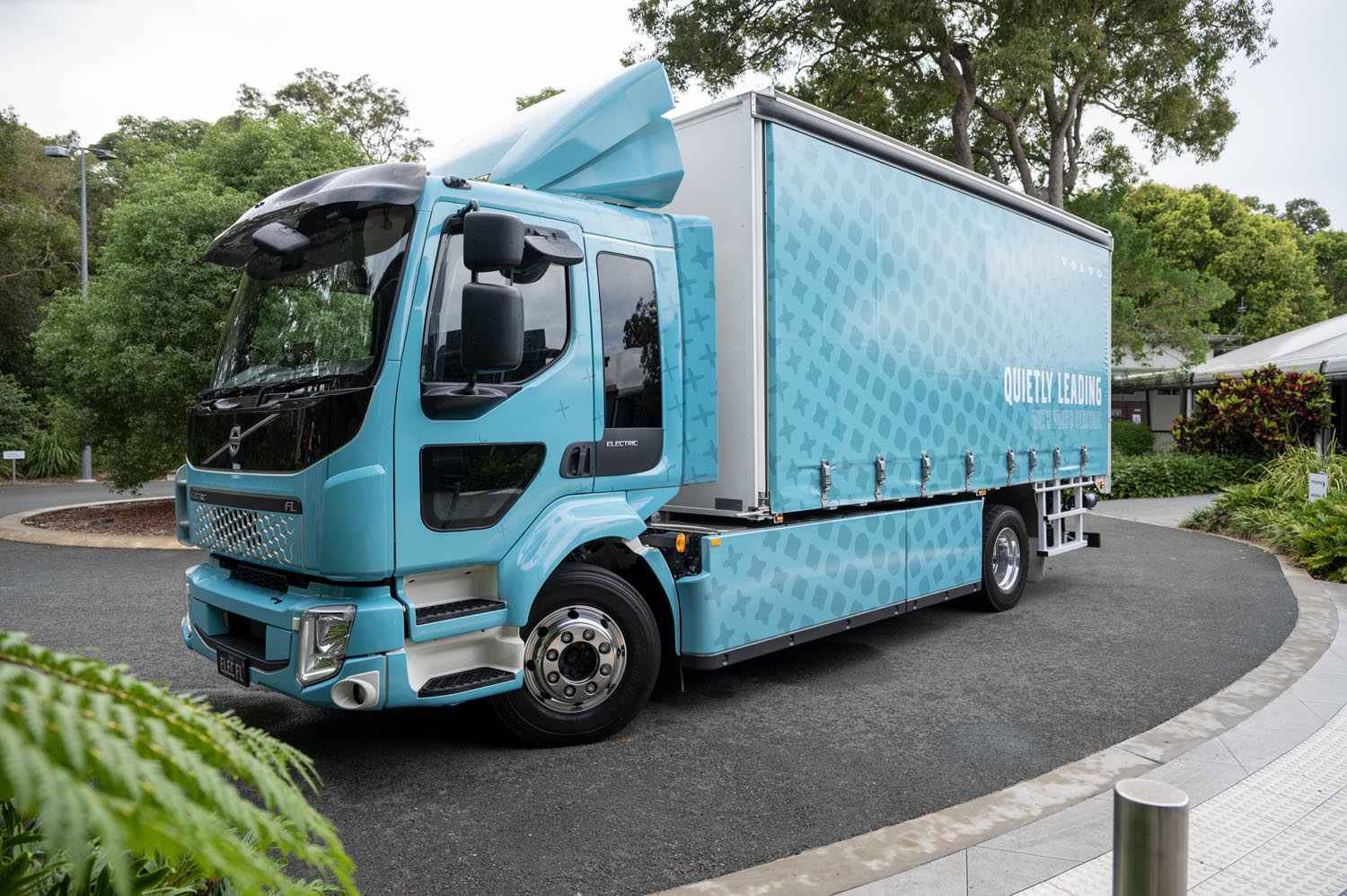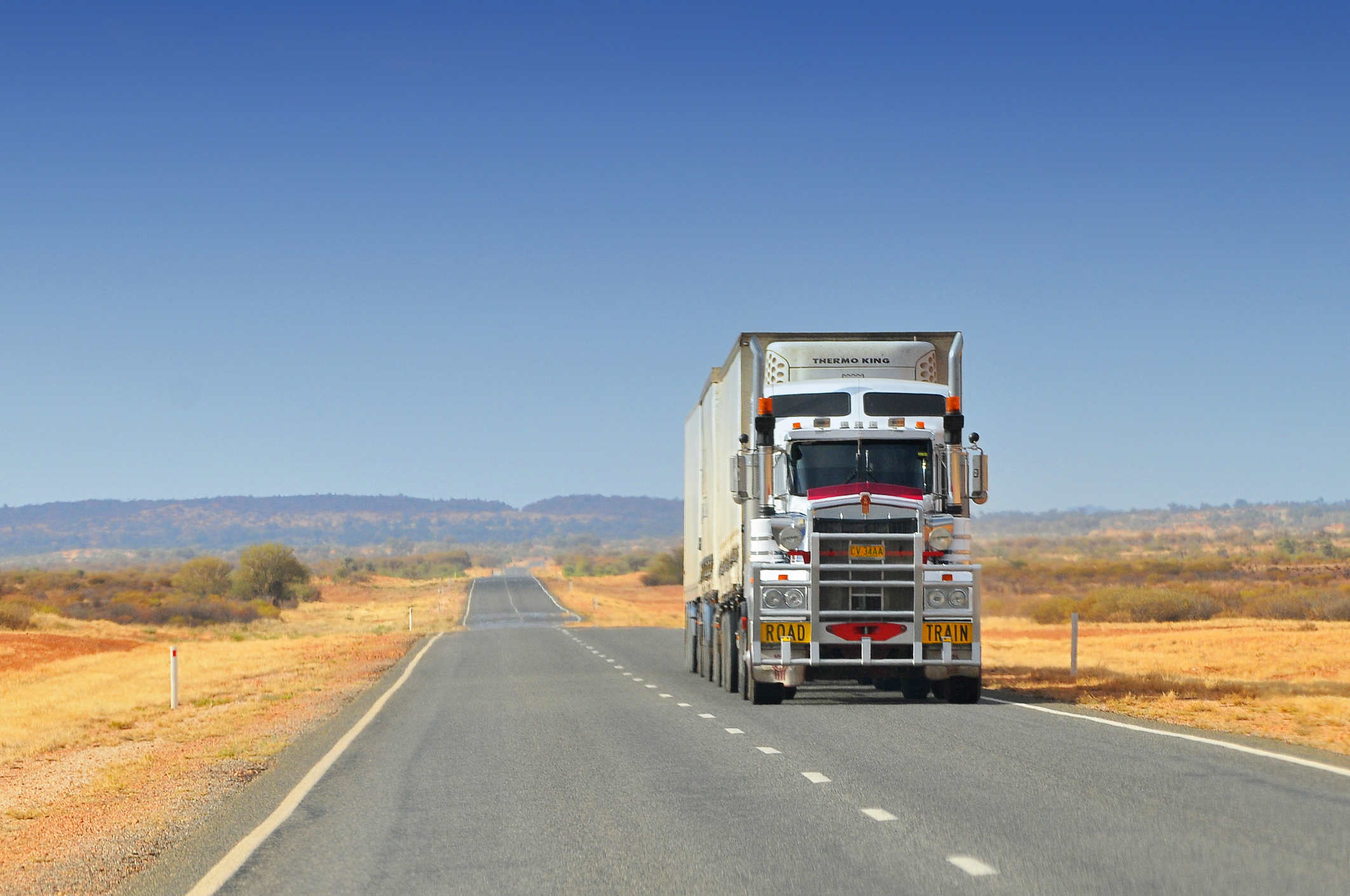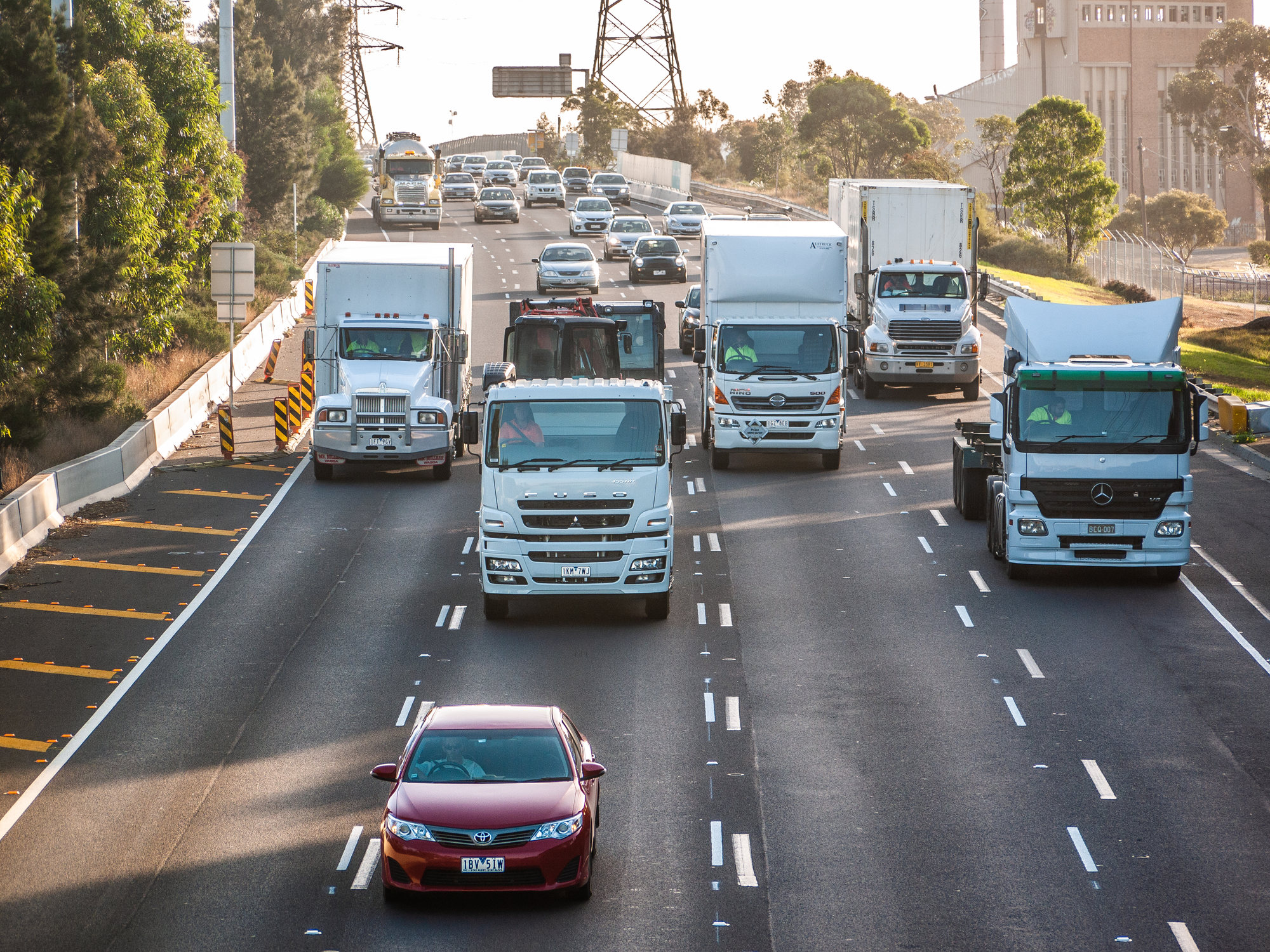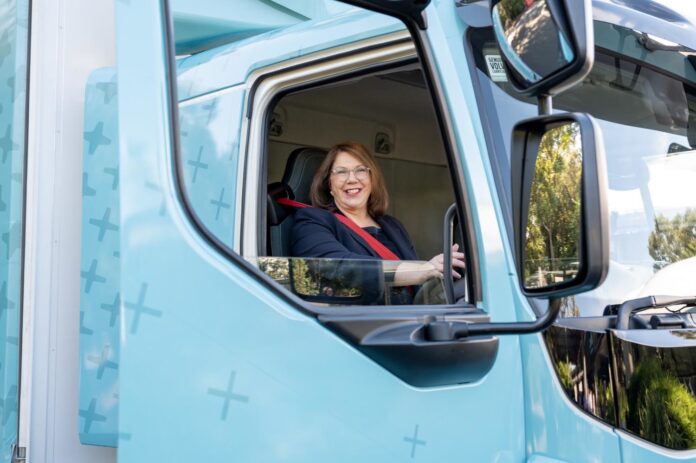The future of freight came to the Sunshine Coast last month, when electric trucks were the stars of the show at a national trucking conference.
Federal Transport Minister Catherine King took a ride in a Volvo electric truck at Trucking Australia at Novotel Twin Waters, where industry movers and shakers shared the latest news, developments and trends.
Electric trucks are set to be a common sight on Australian roads, with the Australian Trucking Association backing a move to zero-emission trucks.
“Trucking is one of Australia’s essential industries,” Ms King said in her speech at the conference, which went from March 29 to 31.
“All Australians rely on trucking. I know it’s a cliche, but it’s true – without trucks, Australia stops.
“A major part of my ministerial role is making trucks safer and more efficient, and our supply chains more productive. And road freight has been growing each year.”

Ms King focused on the need for more energy-efficient trucks.
“Climate change is the challenge we confront across the economy,” she said.
“Transport makes up 19 per cent of Australia’s greenhouse gas emissions (and) 4 per cent of our emissions come from the heavy road sector.
“And given the difficulties involved in abating emissions in this sector, transport is predicted to become our largest source of emissions by 2030.
“With our commitment to net-zero emissions, we need to drive these down – whether it be through hydrogen highways, electric trucks or cleaner fuels.
“This ingenuity is why I am confident that Euro VI emissions standards can be phased in for new trucks and buses from November next year.
“This will bring Australian noxious emissions standards closer to those already in place in the UK, Europe and elsewhere.

“In making this change, I am conscious of the development costs faced by industry to meet steer axle mass and vehicle width limits when introducing low and zero-emission heavy vehicles to their fleets.”
She said the government was working closely with the heavy vehicle industry, through the National Transport Commission and the National Heavy Vehicle Regulator, to settle any outstanding concerns before the implementation of Euro VI.
“We have to take these steps – even when they might be difficult – because the alternative is too damaging,” she said.
Roads, rest areas, resilience and reform
Ms King said the government was investing heavily in roads infrastructure, including “projects up and down the Bruce Highway”.
She said the government was committed to funding heavy vehicle rest areas and she praised the trucking industry for its resilience during periods of wild weather in Australia.
“You kept communities connected and, frankly, you kept some communities alive,” she said.
“We are working to identify the pinch points and most vulnerable parts of our road network so we can rebuild them now, not wait until disaster strikes.”

Ms King also said the government had a goal for a revised Heavy Vehicle National Law, that was more flexible, risk-based and that made better use of new technology.
“Austroads is co-ordinating work towards a national, single seamless system for heavy vehicle access,” she said.
“And the National Transport Commission and the National Heavy Vehicle Regulator are developing further detail of the new two-tiered system for managing driver fatigue.
“The Department of Employment and Workplace Relations has started consulting with industry on the Fair Work Commission, setting fair minimum standards to ensure the safety, sustainability and viability of the Road Transport Industry.
“This included a roundtable between (Employment) Minister (Tony) Burke, Woolworths, Coles, Uber, DoorDash, major transport operators, industry associations and the TWU in September last year, where all parties backed a shared set of principles calling for reform to set enforceable standards across the industry.”
Help us deliver more news by registering for our free daily news feed. All it requires is your name and email. See SUBSCRIBE at the top of this article.





